
‘Our boats are more efficient than electric bikes’
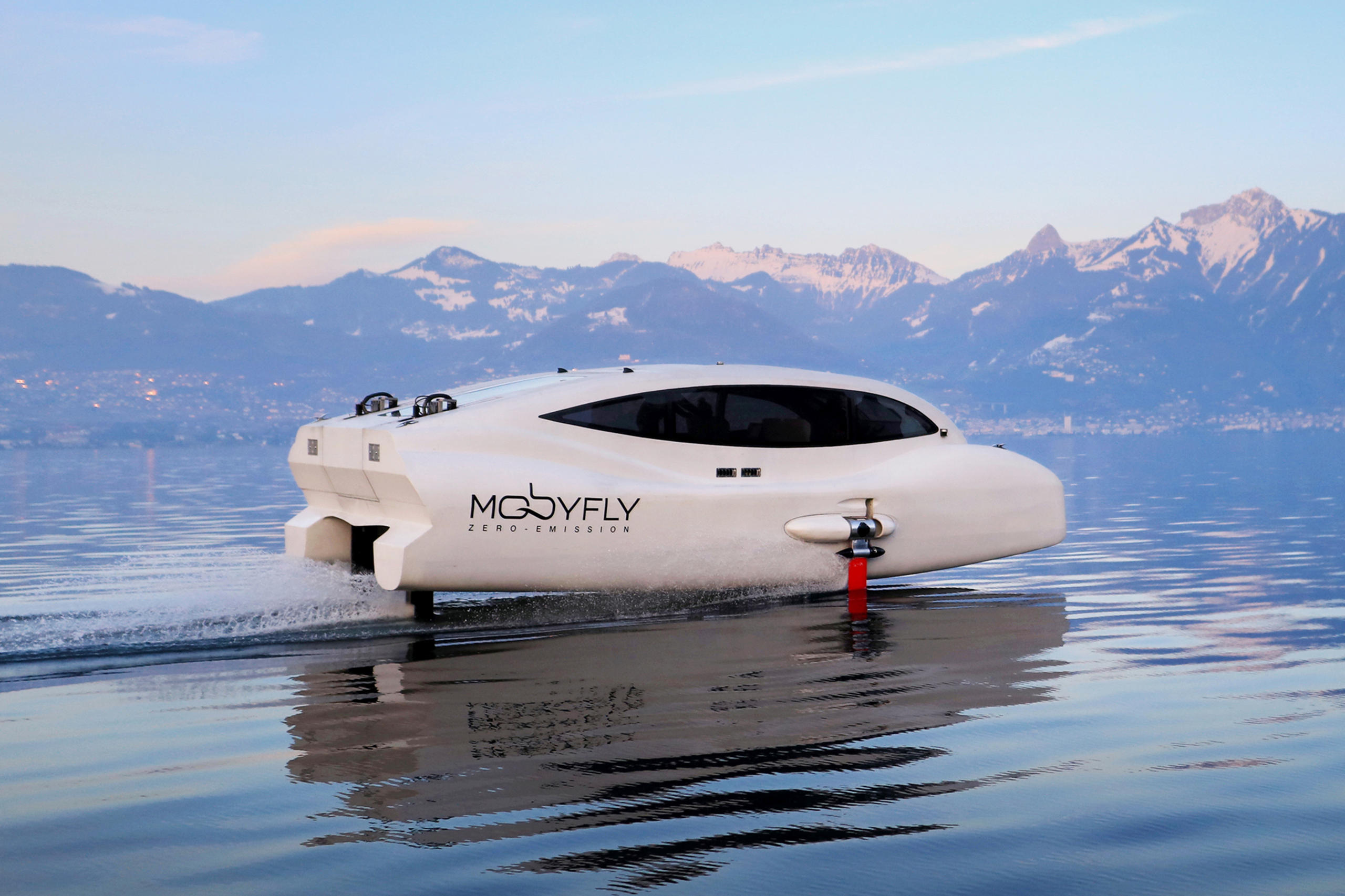
With her zero-emission “hydrofoils”, Sue Putallaz, CEO and co-founder of MobyFly, aims to revolutionise the water transport market and advance the climate cause.
Putallaz, who has just received a prestigious award from the World Economic Forum (WEF), talks to SWI swissinfo.ch on the shores of Lake Geneva.
SWI swissinfo.ch: Your boats use rechargeable batteries and, perhaps in the future, hydrogen fuel cells. Is this enough to generate major energy savings?
Sue Putallaz: Absolutely! Our hydrofoils save 70% of the energy compared with conventional boats. And the reason is very simple. Because our hydrofoils are raised, almost all friction with the water and drag are eliminated. In other words, the hulls of traditional boats push the water, whereas the very thin foils of our boats cut through the water. In terms of energy consumption per passenger over a given distance, our products are even more efficient than electric bikes travelling at 45km/h!
SWI:Looking at the entire life cycle of your products, including the manufacture of the batteries, what is your environmental record?
S.P.: It’s very positive, because as well as consuming very little energy, our boats produce no CO2 emissions or odours, have no mineral oil discharges into the water, generate no waves and are as quiet as a dishwasher (around 64 decibels).
After completing her business studies (HEC) at the University of Geneva in 1997, Sue Putallaz worked as a strategy consultant at PwC. She then went on to complete her training with a course in entrepreneurship at the Swiss Federal Institute of Technology Lausanne (EPFL) and an executive diploma at the Swiss Graduate School of Public Administration (IDHEAP). For some 20 years she combined experience in the private sector and the Geneva cantonal administration. She co-founded MobyFly in 2020.
SWI:What market are you targeting?
S.P.: We’re targeting the market for fast ferries, used by both commuters and tourists. There are 10,000 such ferry routes worldwide. A typical example is the line between Evian [in France] and Lausanne. More than 2.1 billion people are already carried by boat every year, the same number as by air. Our potential customers are transport operators like the Lake Geneva General Navigation Company.
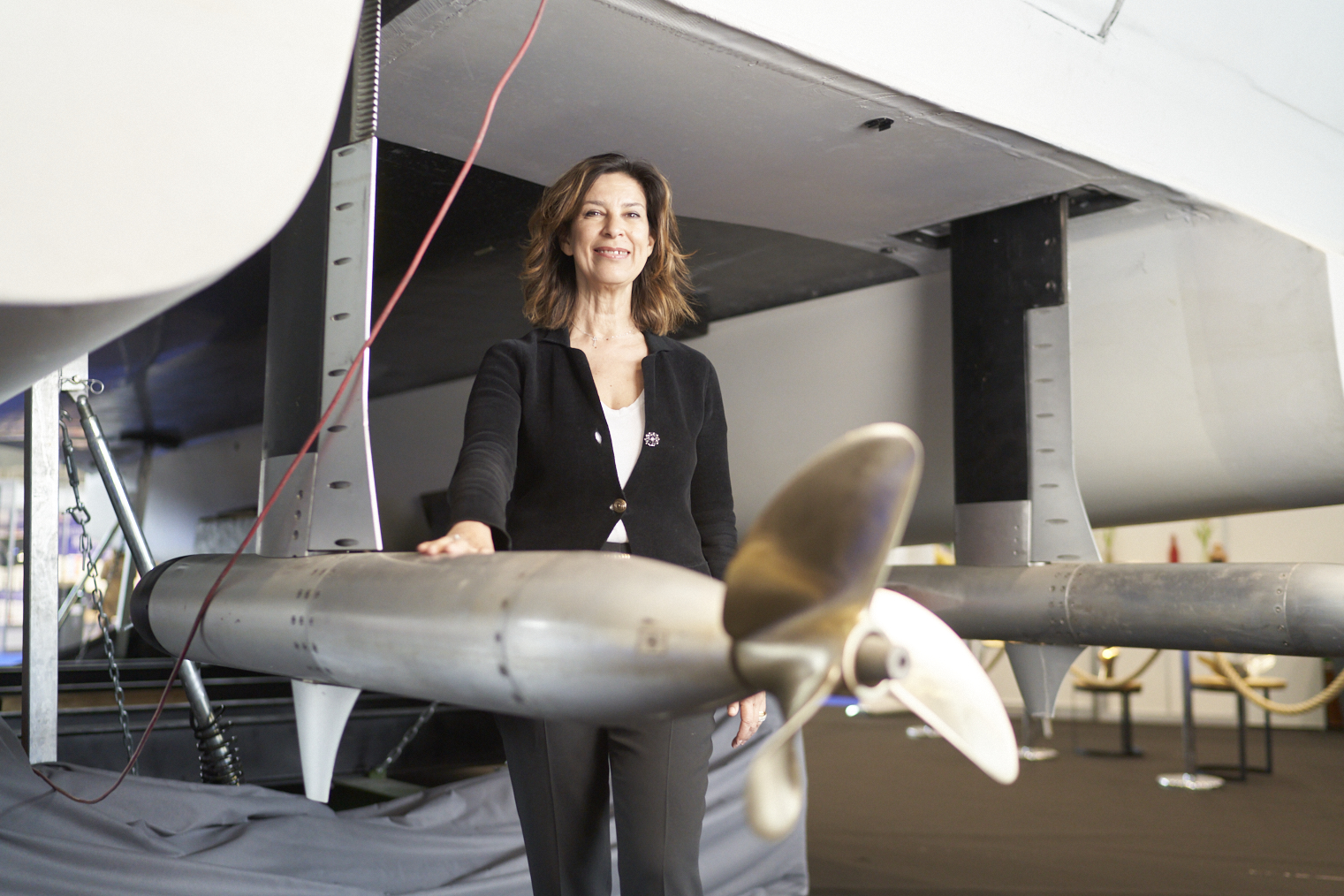
SWI:Do you think the zero-emission boat segment is set for strong growth?
S.P.: Absolutely! On the one hand, legislation aims to limit the pollution generated by maritime transport, which is responsible for over 3% of CO2 emissions. This is also the case in Switzerland, where, for example, this ban will be in force in Lausanne from 2030.
Furthermore, for a public authority, it is infinitely more profitable to set up a new fast ferry line than to build a new road, build a bridge or extend a railway line. What’s more, our boats use the same fast chargers as electric cars, so the investment is much more profitable.
SWI:What financial figures are you aiming for in the short and medium term?
S.P.: For MobyFly, the most important thing is not turnover, profitability or market share, but our contribution to shifting the transport market towards zero-emission solutions. My aspiration is that our technology could one day be used on large 800-passenger ships.
SWI:When will your products be on the market?
S.P.: We already have a prototype on Lake Geneva. Our first commercial boat will be delivered in 2024; it will have a capacity of 12 to 20 passengers, be ten metres long and have a maximum speed of around 70km/h. After that, we will deliver larger boats, 20 metres long (for 60 to 120 passengers) and 30 metres long (for 300 to 350 passengers).
SWI:You have signed agreements for projects on the Seine in Paris and on Lake Lugano, as well as carrying out feasibility studies in Japan for Universal Expo 2025.
S.P.: We are very export-oriented. Nevertheless, with the Valais municipality of Port-Valais, we are working on a pilot project on Lake Geneva that will help to open up the region.

SWI:MobyFly has won several awards, notably in Japan. And you have just been selected as a ‘technological pioneer’ by the WEF. What prospects does this open up for you?
S.P.: First and foremost, these awards give us international recognition and credibility. They also give us greater visibility with our potential customers. Of course, commercial success also helps us to attract investors, a necessary step to ensure our growth and the international marketing of our products.
We are especially proud to have been named one of the 200 Technology Pioneers by the World Economic Forum. This will open many doors for us and enable us to expand our network. For example, we will be present at WEF events in China from the end of June 2023 and then in Davos in January 2024.
SWI:What is your relationship with the Vaud-based company Almatech, which is also developing zero-emission boats?
S.P.: We know each other, but for the moment we’re not working together. MobyFly is at a more advanced stage of maturity, as we already have our first boat on the water and are preparing our first commercial pre-production run. More generally, the fact that there are several players in our field in French-speaking Switzerland is very pleasing. This will help to create a real centre of expertise in our region.
SWI:What are the risks of large companies – with considerable financial and commercial resources – imitating your products and capturing your market?
S.P.: They can always try! On the one hand, several of our key innovations are protected by patents. On the other hand, certain strategic components such as our flight software simply cannot be copied. But what’s hardest to copy is our in-house know-how, which enables our different technologies to work together. The only real way for these big companies to imitate us would be to acquire us.
SWI:Are your boats more profitable than traditional boats?
S.P.: In terms of initial investment, our boats are comparable to traditional boats of the same power. On the other hand, the operating costs of our products are much lower thanks to their low energy consumption. What’s more, the maintenance costs of our boats are minimal: less than 5% of operating costs compared with more than 20% for traditional boats.
SWI:What are the main challenges ahead?
S.P.: The demand for this type of technological solution is so great that MobyFly’s main challenge – and that of its competitors – will be to industrialise the manufacturing processes and therefore be able to produce very large volumes very quickly.
Edited by Samuel Jaberg. Translated from French by Thomas Stephens
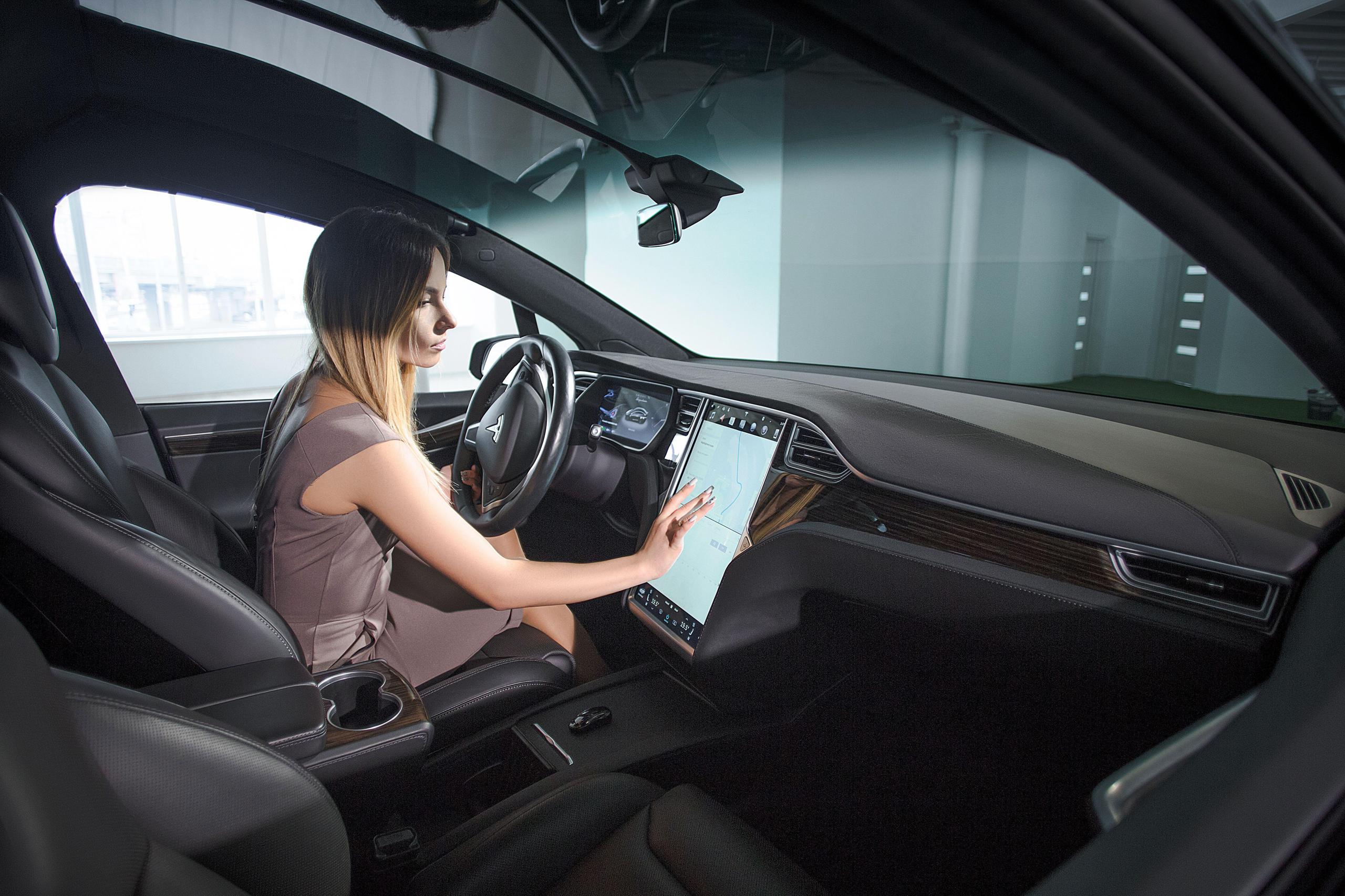
More
Electric car sales pass ‘tipping point’ in Switzerland

In compliance with the JTI standards
More: SWI swissinfo.ch certified by the Journalism Trust Initiative


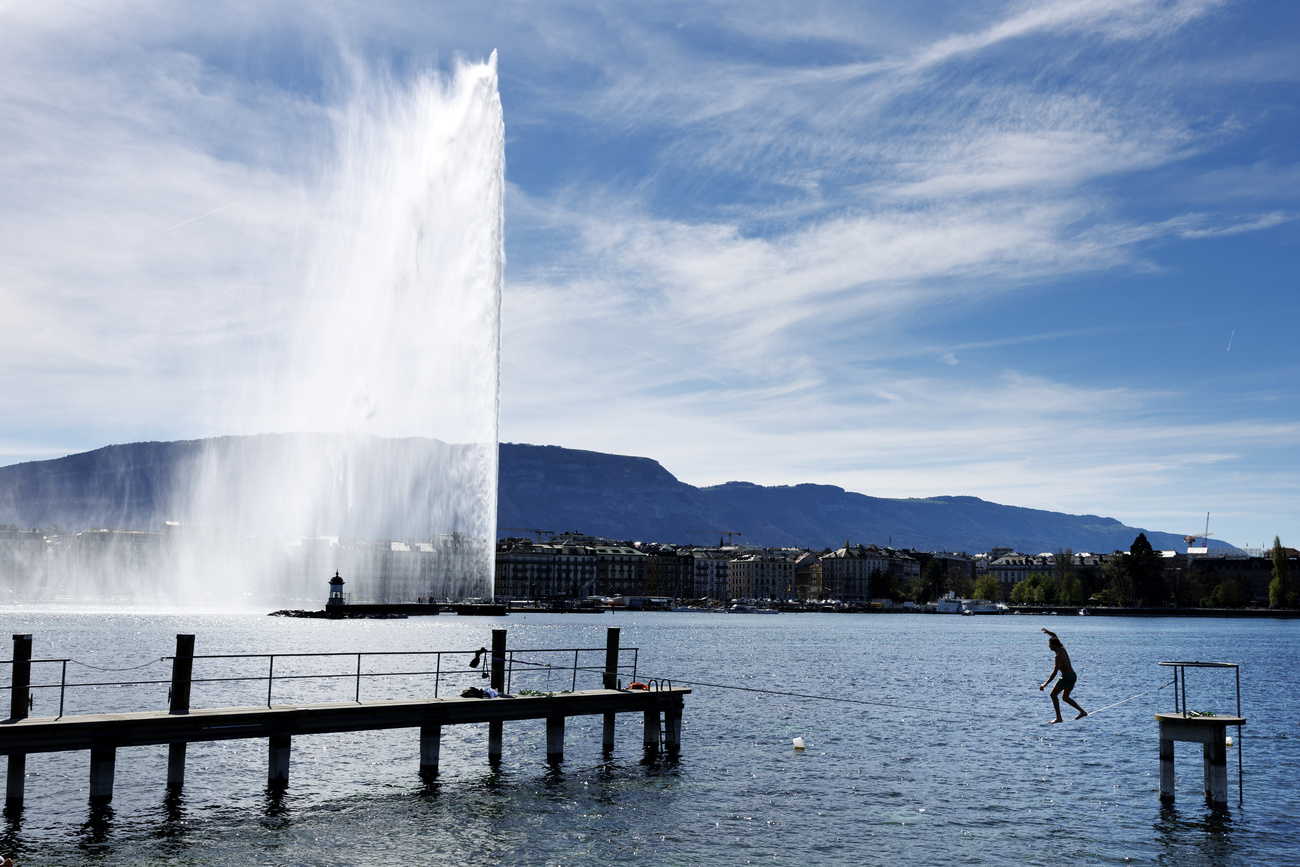



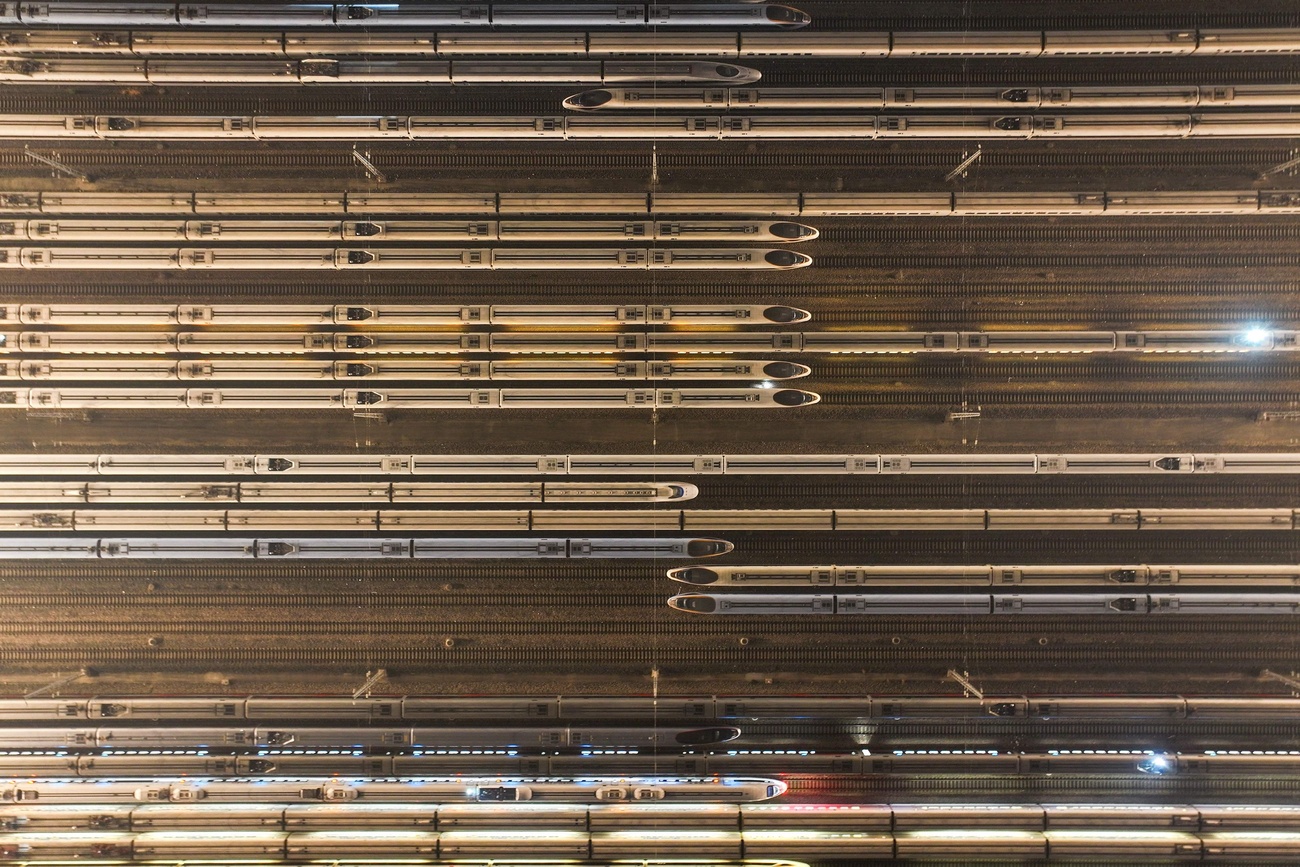









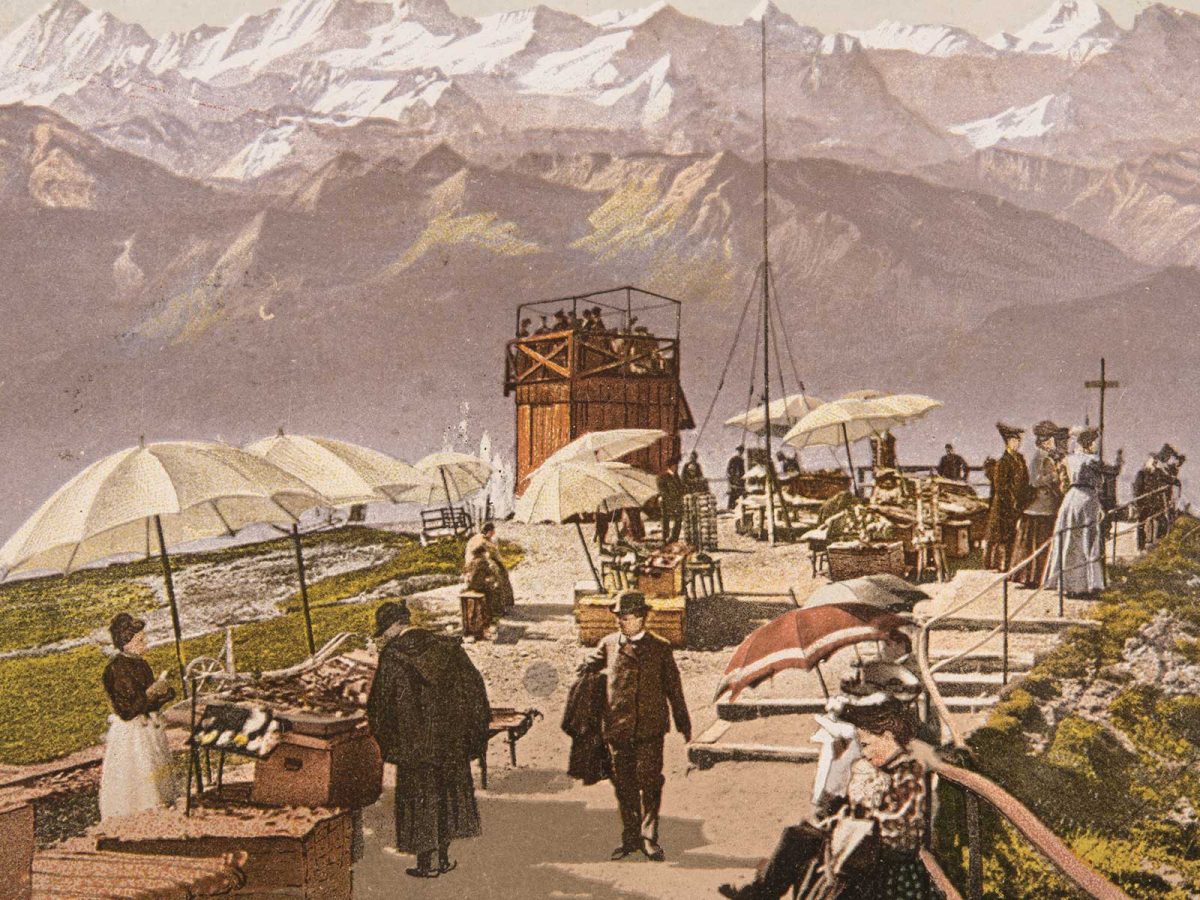









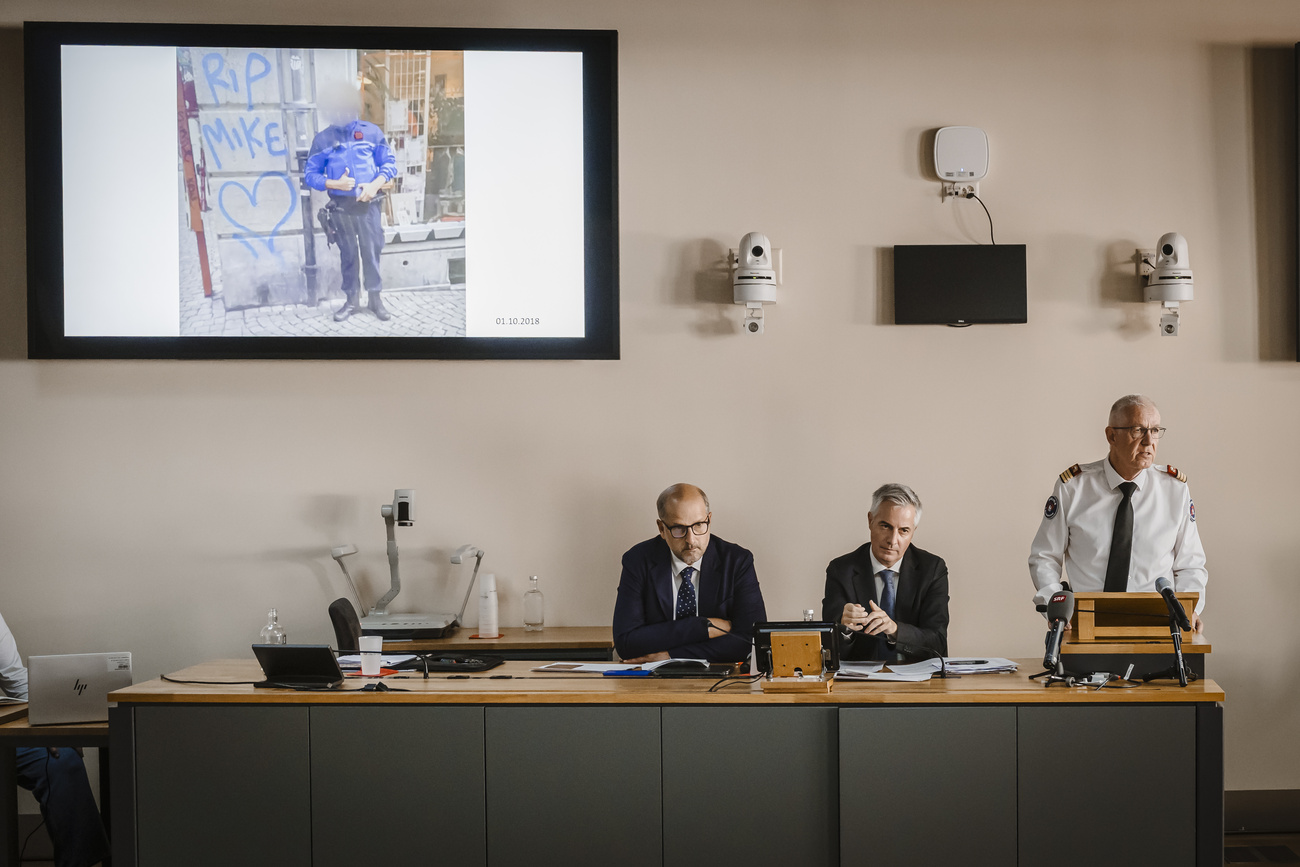









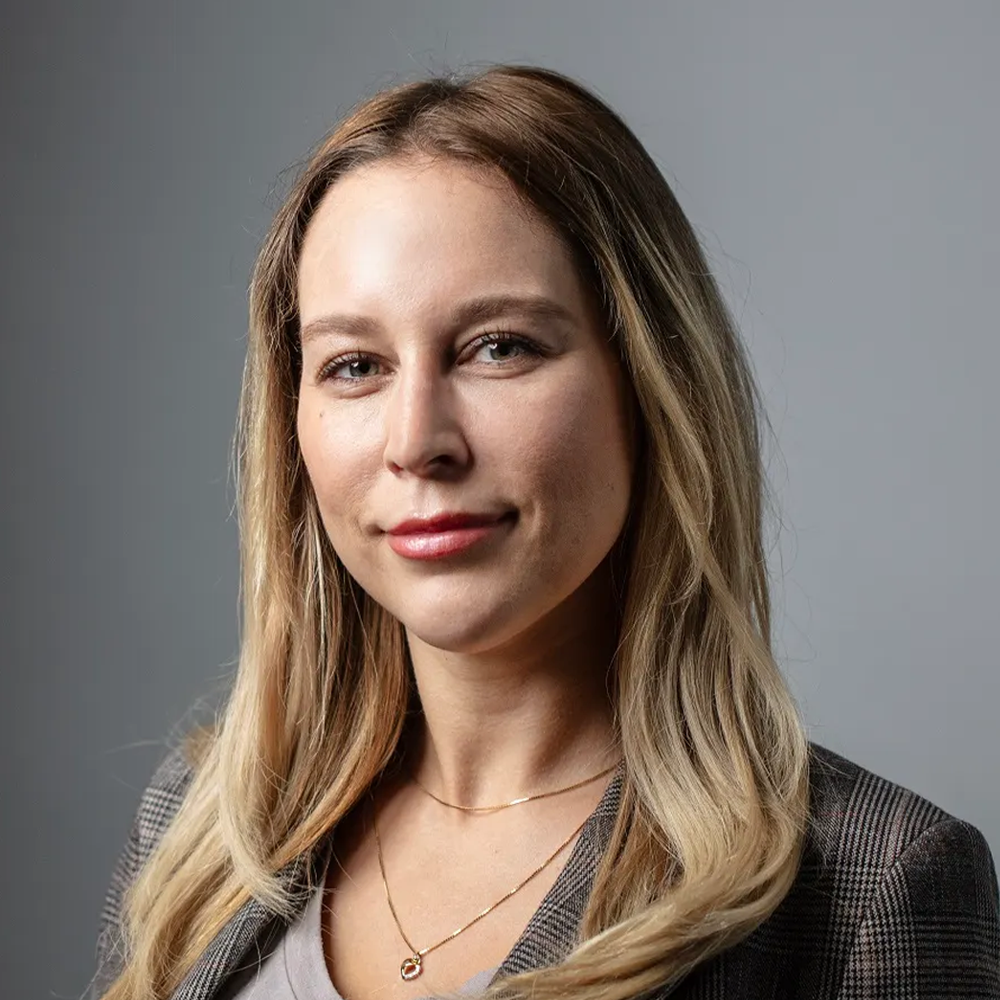


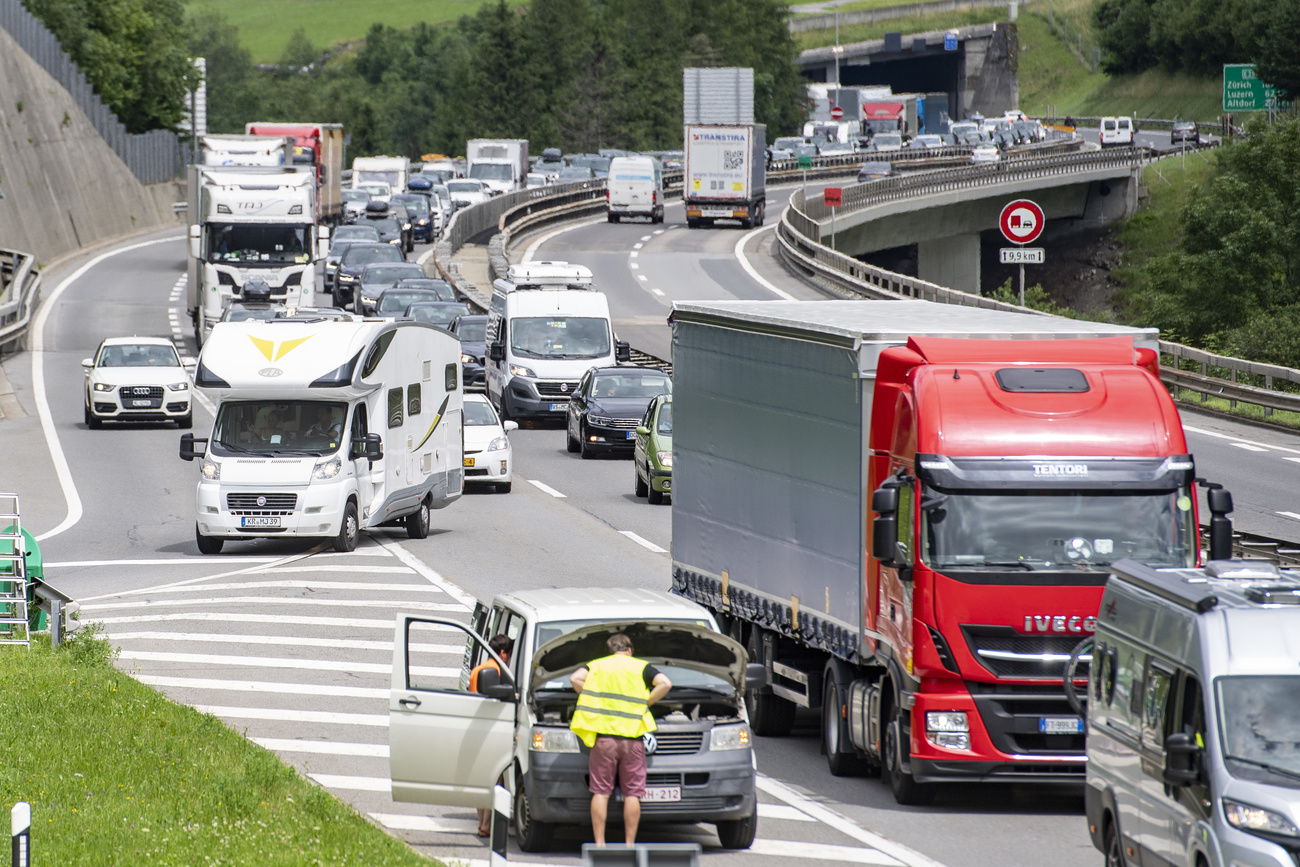
You can find an overview of ongoing debates with our journalists here . Please join us!
If you want to start a conversation about a topic raised in this article or want to report factual errors, email us at english@swissinfo.ch.